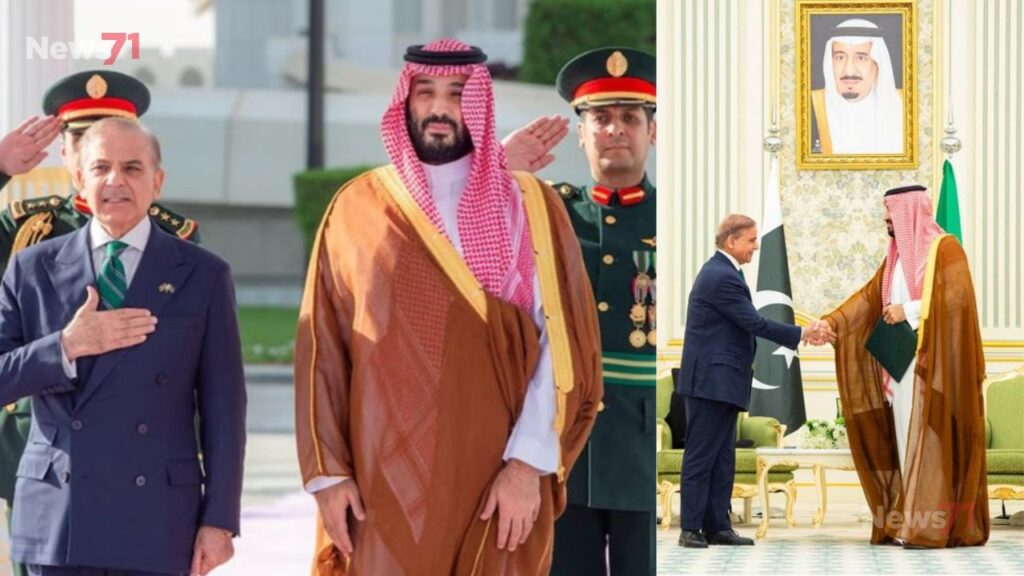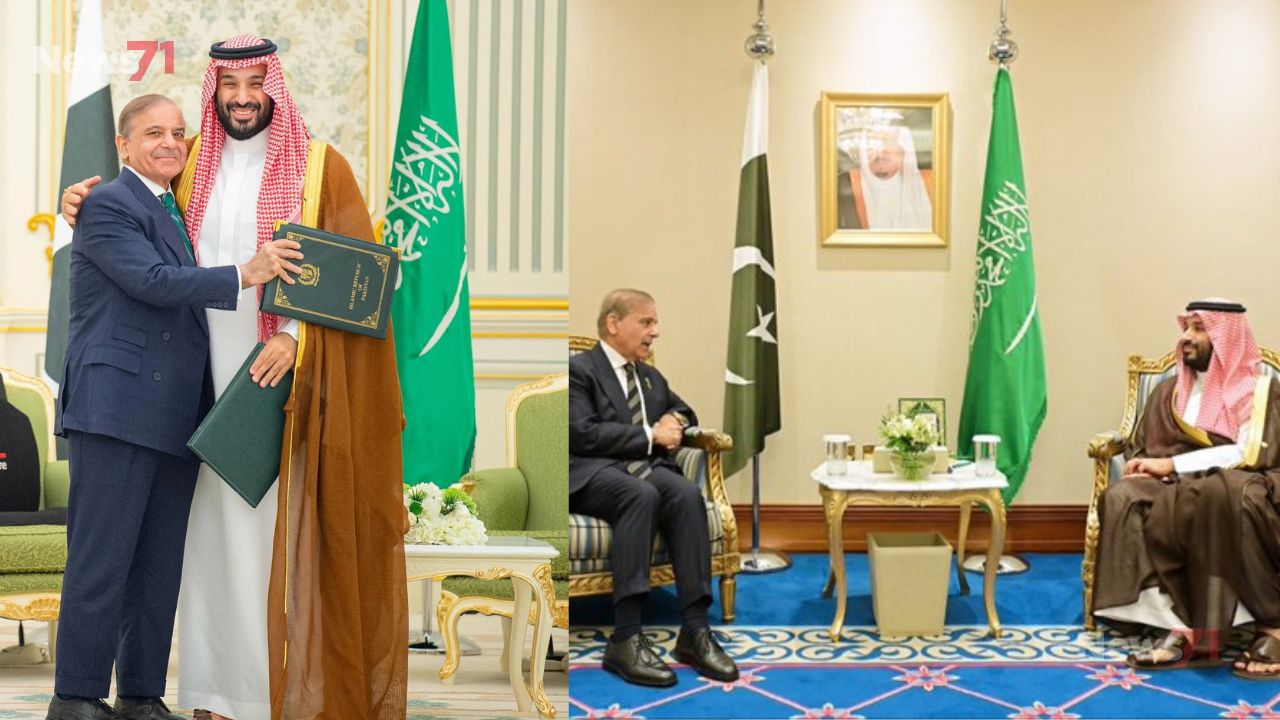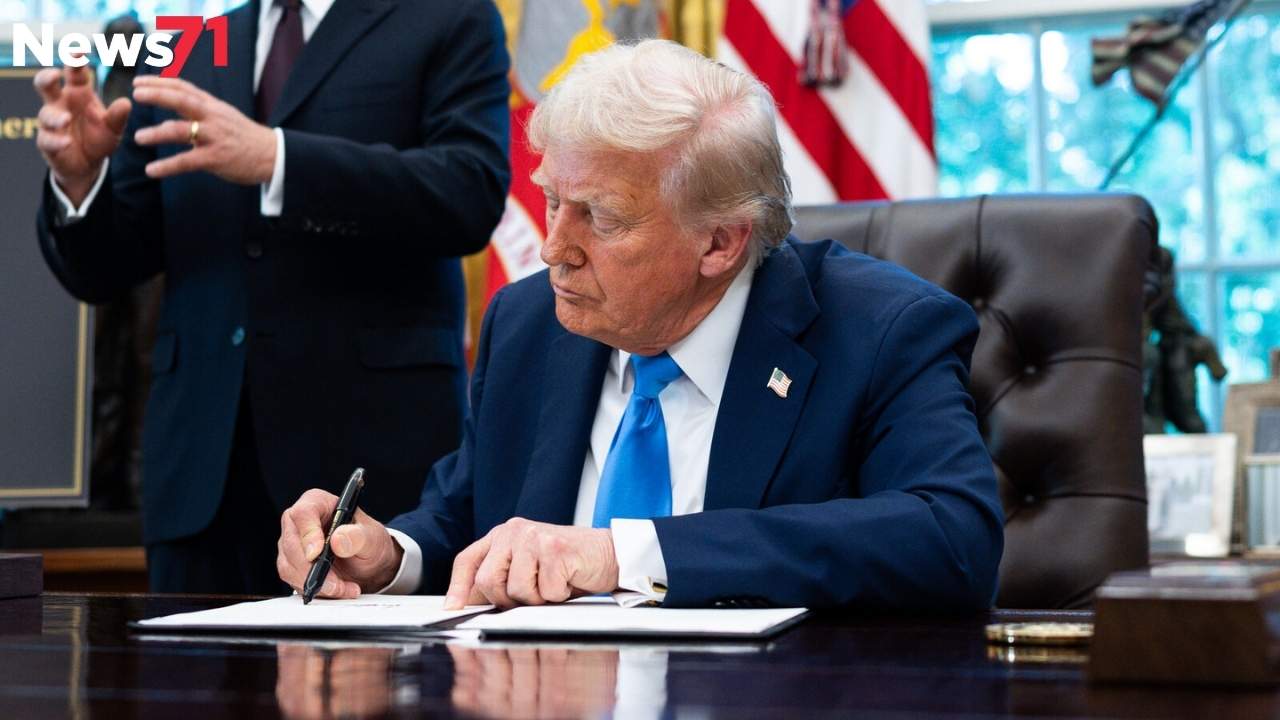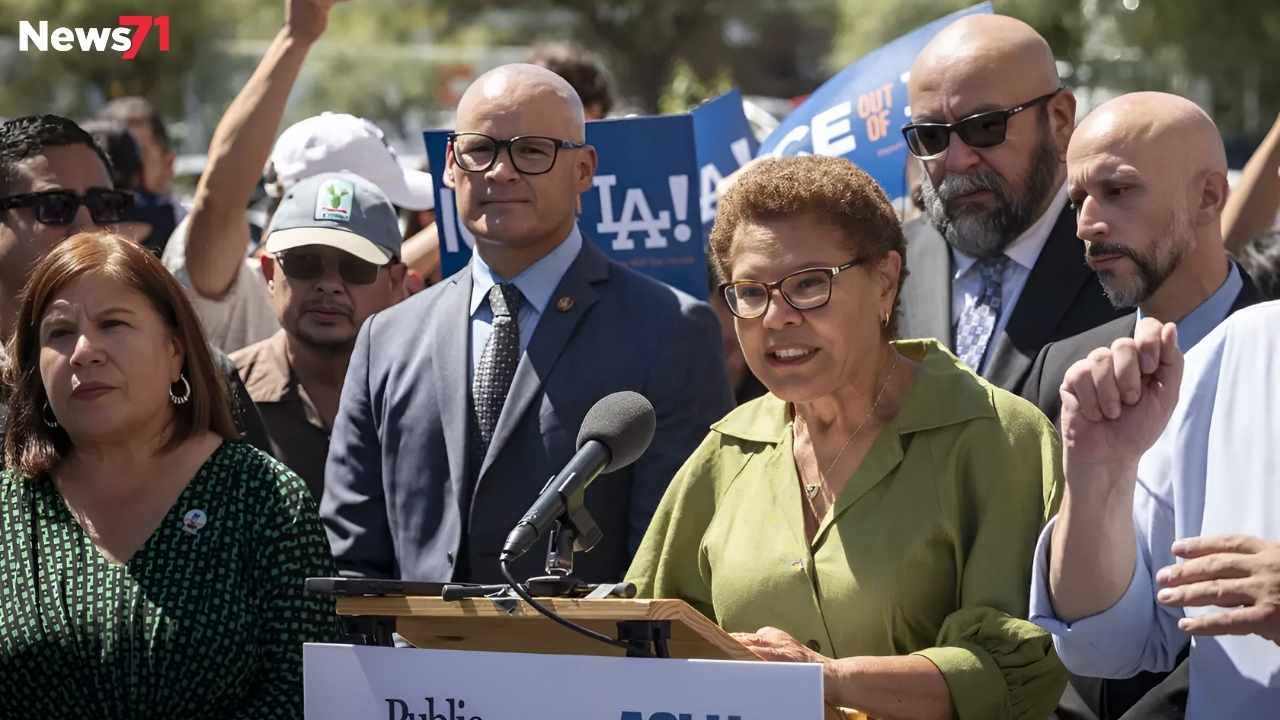Saudi Arabia and Pakistan sign a formal mutual defence pact that upgrades a decades long security partnership amid rising regional tension. The agreement comes as Gulf Arab states question the reliability of the United States as a long standing security guarantor, a concern sharpened by the recent strike on Doha that rattled regional capitals and accelerated calls for stronger deterrence.
Officials in Riyadh say the pact is the result of years of technical talks and not a reaction to any single country or event. In practical terms, Saudi Arabia and Pakistan sign to institutionalise cooperation that already existed in piecemeal form, covering planning, training, exercises, intelligence coordination, and crisis response. The new framework aims to replace ad hoc arrangements with predictable mechanisms that can withstand political shocks.
The timing matters. Israel’s attempt to hit Hamas political leaders in Doha during ceasefire discussions angered Arab governments and complicated a fragile balance in which Gulf monarchies have tried to lower risks with both Iran and Israel. By moving now, Saudi Arabia and Pakistan sign to signal that regional actors will build their own layers of security even as they keep diplomatic channels open with all sides.
Islamabad gave the accord full political and military backing. Prime Minister Shehbaz Sharif and Crown Prince Mohammed bin Salman presided over the signing, with Pakistan’s army chief, Field Marshal Asim Munir, in attendance. A subsequent statement said that aggression against either nation would be treated as aggression against both, and that the objective is to strengthen joint deterrence while contributing to regional and global stability.
Saudi Arabia and Pakistan sign

Riyadh also stressed balance with India, Pakistan’s nuclear armed rival and a key Saudi economic partner. Saudi officials described ties with New Delhi as the strongest they have ever been, and said cooperation with India will continue to grow. That message is designed to reassure markets and partners that Saudi Arabia and Pakistan sign without closing doors to other strategic relationships across Asia.
Asked about a potential nuclear umbrella, a Saudi official described the pact as a comprehensive defensive agreement that covers all military means without spelling out nuclear commitments. The careful wording helps both sides keep strategic ambiguity while signalling resolve. It also gives planners space to expand maritime security in the Arabian Sea, enhance air defence coordination, and improve protection of critical infrastructure.
Analysts note that Saudi Arabia and Pakistan sign at a moment when energy routes, investment flows, and defence supply chains are under pressure from conflict spillovers. A formalised pact can speed joint training, common standards, and rapid consultations during emergencies. If future working groups convert these principles into joint drills and integrated command protocols, the paperwork will translate into real capability on the ground.
In sum, Saudi Arabia and Pakistan sign to lock in a wider and deeper partnership that reflects today’s security realities. The deal complements ongoing diplomacy, reassures domestic audiences, and tells allies and adversaries alike that both nations intend to share the burden of deterrence while keeping the door open to de escalation and regional economic growth.






